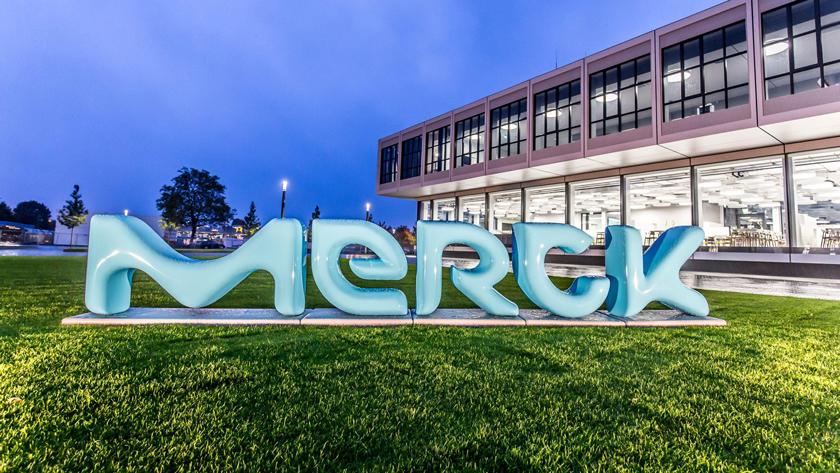Merck makes its Foundry data tools available for free

Merck KGaA has been working with data analytics technologies Palantir Technologies on digital tools for health and life sciences since 2017, and the fruits of those labours are now being made freely available to other software developers.
The partners are making the ‘Foundry DevTools’ library available to developers via the Github code hosting platform, a social networking site for programmers used to share open-source code and collaborate on software projects.
Foundry is Palantir’s widely used software platform that is focused on big data mining, analytics, and management, and is aimed at large corporate clients. It has grown out of data analytics technologies developed for the CIA and US immigration agency ICE.
Merck has used Foundry to develop software to speed up drug discovery and development, but it has been adopted by other big pharma clients - including, for example, Sanofi, which uses it for real-world evidence (RWE) research - as well as corporations in other sectors, including Airbus, Morgan Stanley, and Fiat Chrysler Automobiles.
Foundry DevTools is said to be the first-ever customer-developed, open-source library for the platform and, according to Merck, “lowers the entry barrier to the data supply by stripping away complexity and providing a consistent set of developer tools that boost productivity and quality for data teams.”
Since starting their project, the German drugmaker and US tech company have produced software such as Syntropy for data management, governance, stewardship, and sharing in biomedical research, with an emphasis on oncology.
They also collaborated on Athina, a software package aimed at the semiconductor sector - Merck’s other main business focus - that applies artificial intelligence and big data to provide supply chain transparency and solve problems like chip shortages.
“Digitalisation is key to our long-term growth strategy,” commented Laura Matz, chief science and technology officer of Merck, who noted the DevTools provide consistent digital ‘blueprints’ that can boost productivity and quality for developers.
According to Palantir’s website, Foundry has been used to develop applications for clinical trial harmonisation and site selection, connected labs, sales, and operational functions and biomanufacturing.
“This milestone exemplifies the importance of how data and a consistent library of code can drive quality, speed, and productivity at Merck and externally with developers who, through Palantir Foundry, can generate real-world value using data and analytics,” she added.
“Open-source is not just about publishing code. More importantly, it is about a mindset that fosters collaboration, innovation, and open, interchangeable technology ecosystems.”













